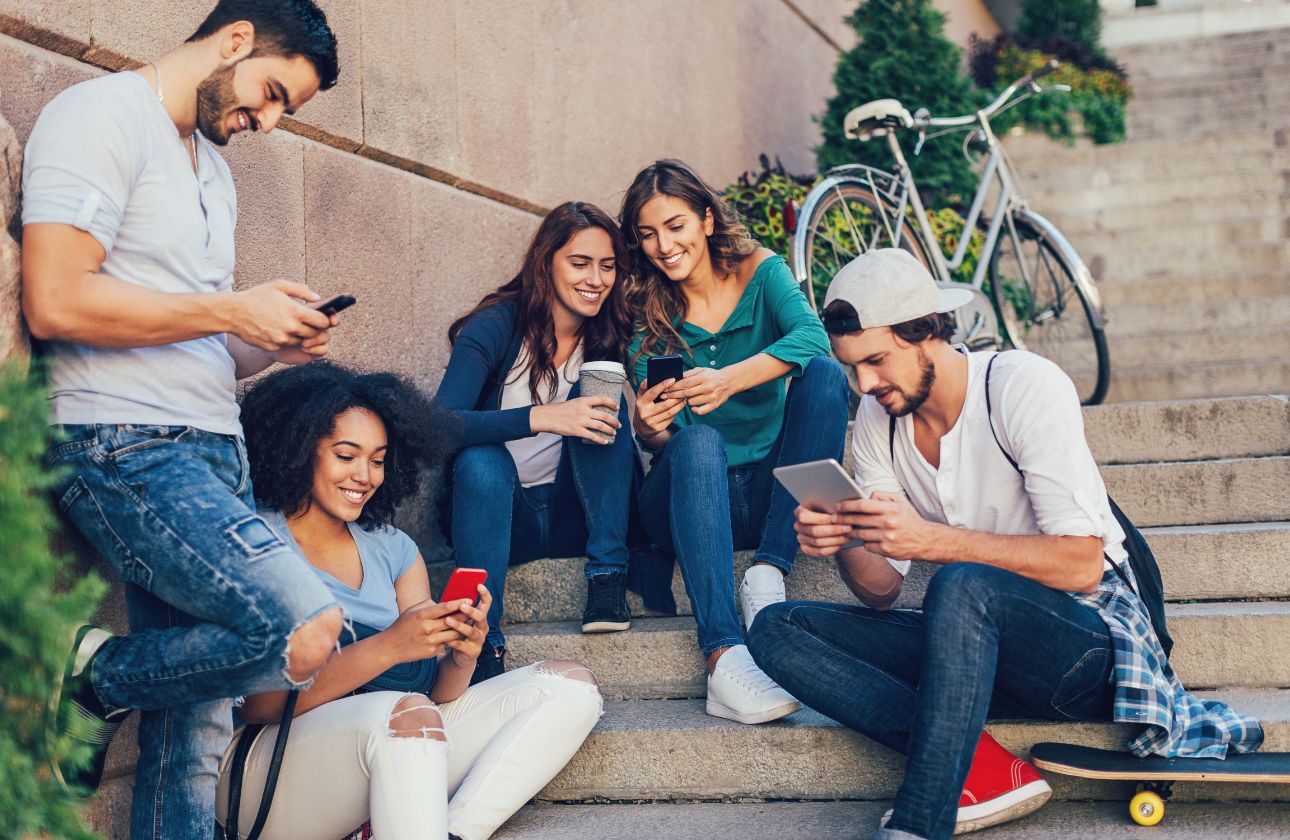Introduction
Social media has revolutionized the way we communicate, transforming traditional interactions into digital conversations. Platforms like Facebook, Twitter, Instagram, and LinkedIn have bridged geographical gaps, making communication faster, more accessible, and interactive. But how has social media impacted modern communication? In this blog post, we’ll explore both the positive and negative effects of social media on communication.
The Positive Effects of Social Media on Communication
1. Instant Connectivity
Social media allows people to communicate instantly, regardless of their location. Whether it’s a text message, a voice call, or a video chat, these platforms facilitate real-time interactions.
2. Global Reach
Social media breaks down geographical barriers, enabling people from different cultures and backgrounds to connect and exchange ideas. This fosters global awareness and cultural understanding.
3. Enhanced Engagement
Businesses, influencers, and brands leverage social media to engage with their audience through interactive content, such as polls, live videos, and direct messaging.
4. Information Sharing
News, updates, and real-time events are easily shared through social media, making it a powerful tool for spreading awareness and staying informed.
5. Networking Opportunities
Platforms like LinkedIn and Twitter provide networking opportunities for professionals, helping them connect with potential employers, clients, and industry leaders.
The Negative Effects of Social Media on Communication
1. Decreased Face-to-Face Interaction
With the convenience of online communication, face-to-face conversations have declined, leading to a lack of personal interaction and social skills.
2. Misinterpretation of Messages
Without tone, facial expressions, and body language, online messages can often be misinterpreted, leading to misunderstandings and conflicts.
3. Privacy Concerns
Personal information shared on social media can be misused, leading to issues like identity theft, cyberbullying, and data breaches.
4. Social Anxiety and Pressure
The need to maintain a certain image on social media can create anxiety, stress, and self-esteem issues, particularly among teenagers and young adults.
5. Spread of Misinformation
False news and misinformation can spread rapidly through social media, influencing opinions and sometimes leading to negative societal consequences.
How to Use Social Media Responsibly
-
Verify Information before sharing to avoid spreading misinformation.
-
Maintain a Balance between online and offline communication.
-
Protect Your Privacy by adjusting security settings and being mindful of the information shared.
-
Engage Positively by promoting meaningful conversations and avoiding negativity.
-
Limit Screen Time to prevent social media addiction and its effects on mental health.
Social media has undeniably transformed modern communication, offering numerous benefits while also presenting challenges. By using these platforms responsibly, individuals and businesses can maximize the advantages of social media while mitigating its downsides. As technology evolves, so does the way we communicate, making it essential to adapt while maintaining healthy communication habits.




Comments (0)